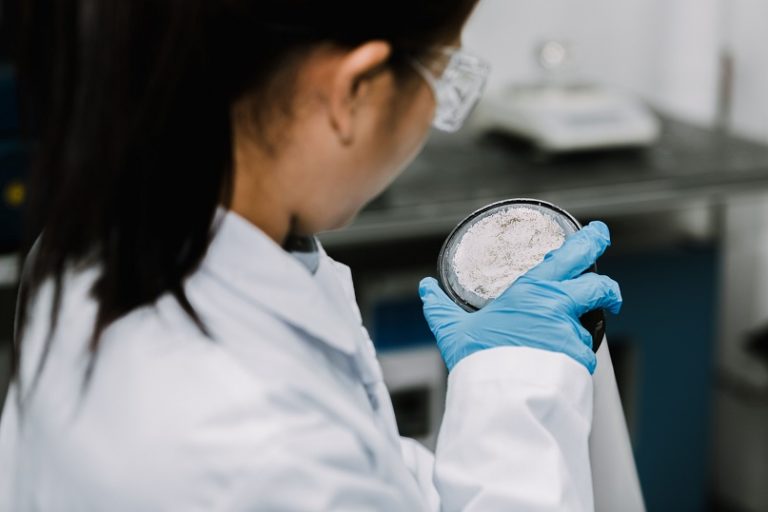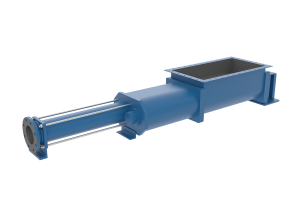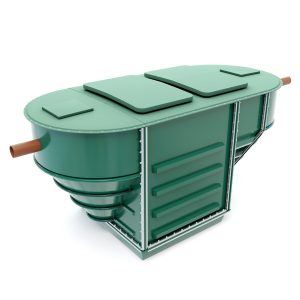New Membrane from De.mem Improves the Filtration of Wastewater

De.mem's technologies for water and wastewater treatment are among the most advanced. The new membrane is significantly improved by the addition of graphene oxide nanoparticles. (Image source: De.mem Limited)
De.mem, a provider of water treatment systems and membrane technology from Australia, can offer customized solutions for ultra- and nanofiltration to its customers. In February, De.mem secured its first order for the company's newly developed hollow fiber membrane enhanced with graphene oxide (GO).
For De.mem, this was a welcome development: the new technology passed its market test with the order in February. Additionally, the De.mem team, led by CEO Andreas Kröll, has set a goal to improve applications for household filters, aiming to compete in the global household water filtration market. “We know our strengths and understand that in this segment, the new membrane can fully leverage its advantages,” Kröll explains.
The new membrane is significantly improved by the addition of graphene oxide nanoparticles, which have numerous applications due to their beneficial properties. The high throughput of the new GO membrane allows the size of the membrane cartridge to be significantly reduced while maintaining the same treatment capacity.
This is crucial for gaining a competitive advantage in the domestic and mobile water filtration markets. Innovative water filters for private households are particularly in demand in the initial target market, the USA, where outdated infrastructure often leads to water quality issues. At the same time, private households typically have limited space. The new system, for which De.mem's membrane is a key component, can be easily installed in small spaces like a basement or under a kitchen sink due to its compact size.
However, industrial customers also benefit from the new membrane. Filtration becomes more cost-effective as throughput increases.
Safe Drinking Water Thanks to Certified Components
The National Sanitation Foundation (NSF), the regulatory authority important for the U.S. market, has granted approval for De.mem's new system. The process with the U.S. authority NSF was complex and took over two years. The primary focus of the testing was to demonstrate that the filter technology is capable of removing contaminants from the water, ensuring that the water meets the highest drinking water quality standards and poses no health risks when used in households.
In addition to ultrafiltration, De.mem also offers solutions for microfiltration and hollow fiber nanofiltration. The market for hollow fiber nanofiltration is still in its early stages but is growing as technical solutions become available. "De.mem is working on advancing the integration of nanomaterials into membranes for areas such as nano- or microfiltration," says CEO Andreas Kröll.
Source: De.mem-GeUTec GmbH







